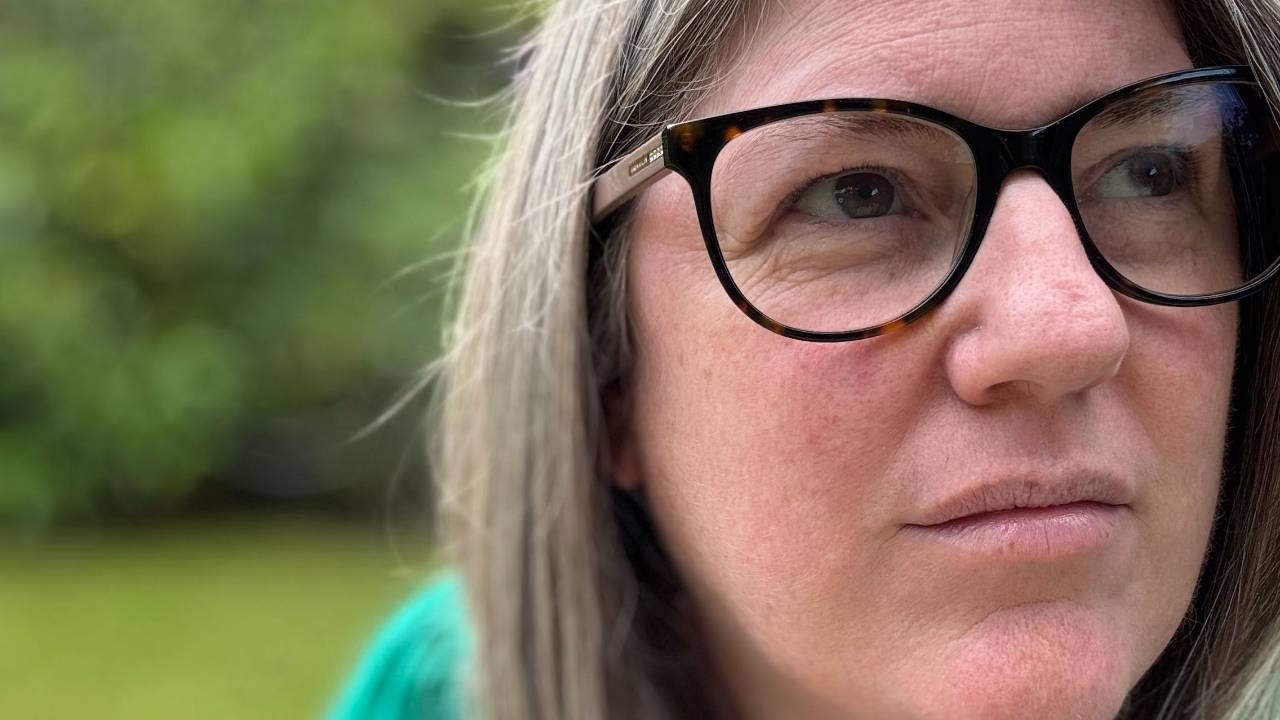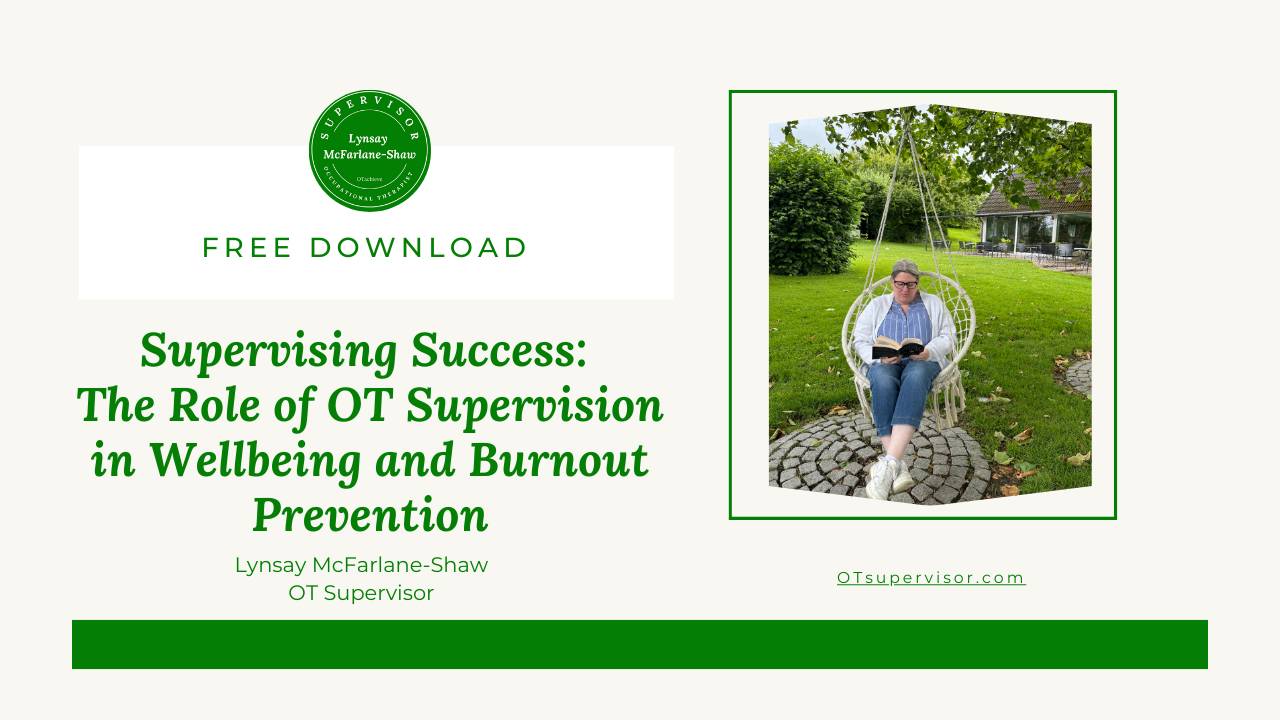OT Supervision Through the Years: Healing from Burnout and Building Support for Others
Apr 06, 2025
Let me take you on a journey. Throughout my career as an occupational therapist, I have engaged in OT supervision, first as an undergraduate therapist in training and then as a practising OT over the last three decades, both receiving and delivering supervision.
OT supervision is a cornerstone of professional development. In the early years of my career, supervision was essential for learning how to apply theory to practice. As a rotational therapist, I was fortunate to work with many OTs and thus experienced a variety of supervision styles during my early career.
As my career journey evolved, I realised that OT supervision was becoming less about my development and more about the service’s needs, plans, projects, and caseload management. As I climbed the professional ladder, this was okay for a while. I was fortunate to continue working with and learning from amazing OTs, and upon reflection, my identity was closely tied to my career at this time.
As my life journey evolved and I became a Mum, work was no longer my primary identity. My priorities changed, my values grew, and my boundaries shifted. Many working parents experience these changes. I also began working part-time, which required an adjustment with clear, agreed-upon boundaries.
In the years that followed, I realised I was seeking something different. Something with the potential to be more holistic, to recognise me as a person, not just as an OT and what I was doing for my clients or the service.
Unfortunately, I experienced burnout, which led me to leave the NHS, where I had worked for 20 years. The combination of work and life reached a boiling point, and I realised I could no longer continue on the same path. With my husband's support, I decided to leave, a supervision session had been pivotal in this decision. The realisation was that I was no longer aligned with the service, that my personal life needed something different, and that my love for OT was absent.
I entered a period of change, rest, and growth—all at once but at a sustainable pace.
Recovery from burnout was tough; it also took me a long time to acknowledge that burnout was what I was experiencing and that I was not just ‘weak’. Even writing this now, it feels hard to recognise that was how I had felt back then.
Recovering from burnout involves more than physical rest; it requires, among other things, resetting boundaries and establishing new goals. It is the acknowledgement that a new awareness is necessary. To ensure that you live and work in a way that sustainably aligns with your core values. You must regularly review your actions around these values to help you identify repeated patterns of previous behaviour and interrupt them so they don’t catch you off guard further down your path.
This is partly why I have developed my role as an OT supervisor to be more holistic. By reading professional news in the UK and internationally, I know many OTs are experiencing similar issues. I see and communicate with OTs, both early in their careers and throughout their career journeys, for whom high-pressure roles, dissatisfaction, impostor syndrome, and burnout seem to be increasing. On reflection, if I had reached out for support and accessed an external supervisor, I might not have travelled as far along the path of burnout as I did. It is not a path I would wish for anyone else to travel.
Working in independent practice, I recognised that investing in OT supervision is essential. Many independent OTs work in isolation, so having a supervisor is key to supporting professional development, business skills, and personal growth. This enables you to build a thriving practice that aligns with your core values and boundaries and promotes sustainable growth. Many enter independent practice to build flexible work patterns, although, without support, they can find themselves blurring boundaries and feeling isolated.
My mission is to bring the occupational therapy profession's attention to the value of OT supervision. We have many tools to support, enable, and empower the workforce. By ‘OT ing’ ourselves, we can provide holistic support across the career journey, build sustainable careers, and find our true occupational balance.
So that is my journey, how I arrived here as Lynsay OT supervisor. Ah, yes, with a PG Cert in Clinical Supervision achieved along the way 😊
If you want to join my mission and empower other OTs through the value of OT supervision, then reach out and let’s have a cuppa and a chat.
Let's stay connected, sign up to more tips and information in my newsletter
We hate SPAM. We will never sell your information, for any reason.





